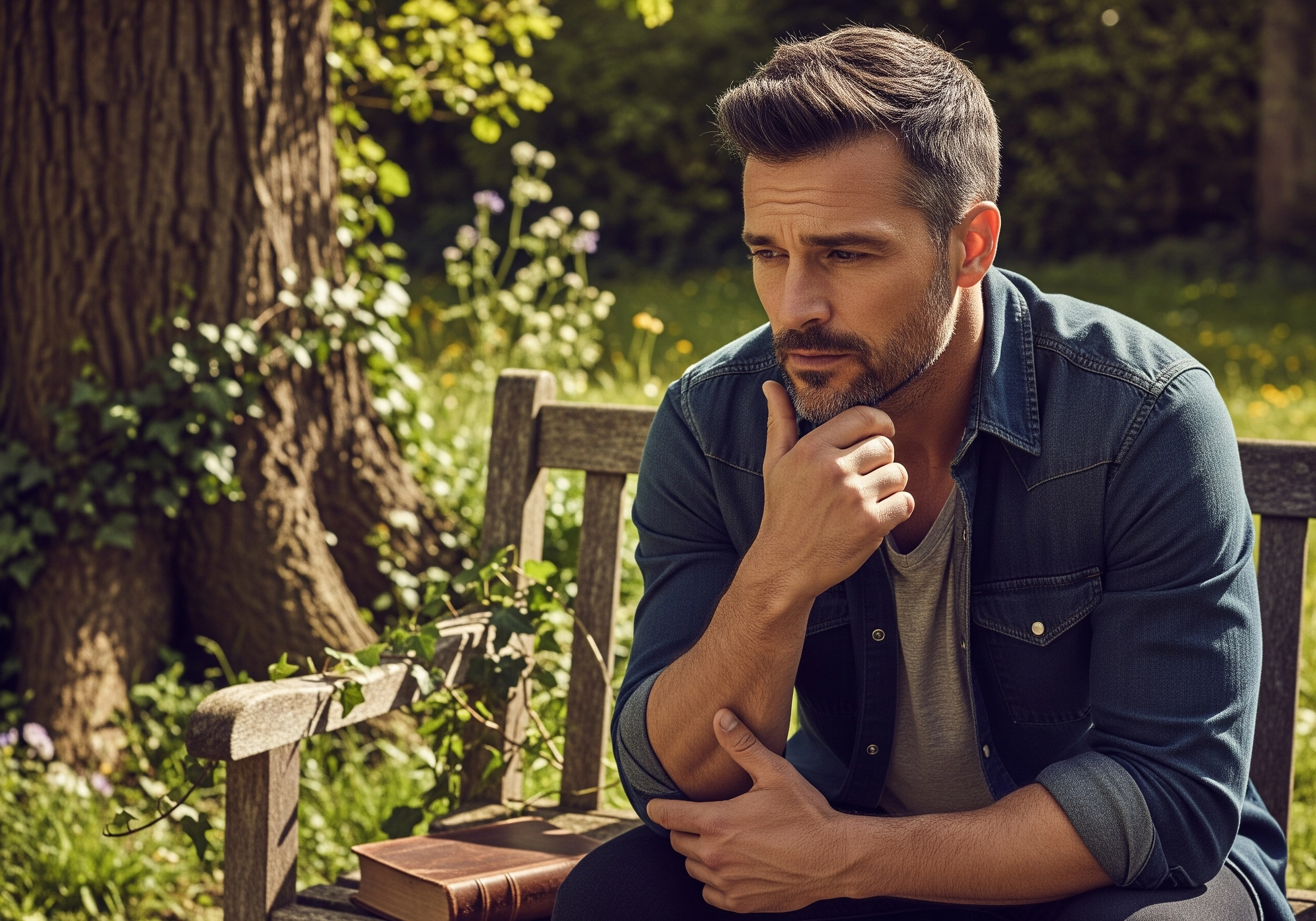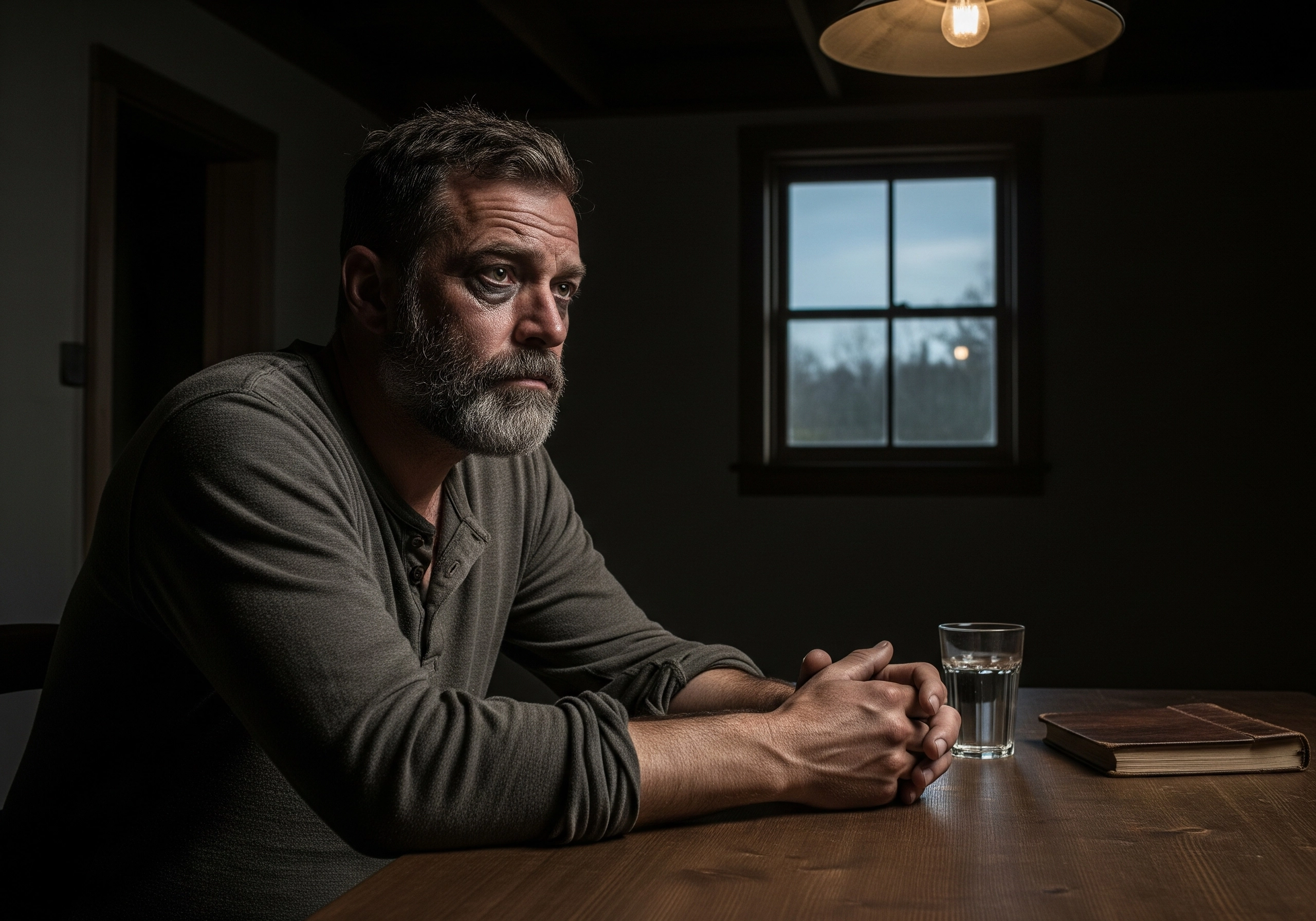A Shifting Definition of Manhood
Masculinity is undergoing one of the most significant re-evaluations in modern history. Once firmly anchored in ideals like dominance, stoicism, and physical toughness, the definition of what it means to be a man is slowly being rewritten. This shift is not occurring in isolation — it is deeply intertwined with evolving gender roles, greater mental health awareness, and cultural conversations around equality and emotional expression.
For many men, this moment of change feels empowering. But for others, it feels destabilizing — even threatening. The roles that once gave them a sense of identity and value are no longer guaranteed or glorified. The behaviors they were taught to emulate now face criticism or seem outdated. These tensions have created a sense of uncertainty, and in some cases, crisis. But is masculinity truly in crisis? Or is it evolving into something deeper, more resilient, and more emotionally aligned with human well-being?
To understand the mental health implications, we need to explore not just the external pressures men face, but also the internal contradictions they navigate.
The Old Blueprint: Power, Control, and Suppression
For decades — even centuries — traditional masculinity has relied on a blueprint built around performance. Men were expected to be providers, protectors, and problem-solvers. Showing emotion was not part of the equation unless that emotion was anger, which was often tolerated (and sometimes encouraged) as a symbol of control and strength.
This narrow emotional range became a mask many boys were taught to wear from a young age. They were praised for being “tough” and ridiculed for being “sensitive.” As a result, emotional suppression became a survival strategy. Vulnerability was not just discouraged — it was weaponized. To deviate from the script meant risking ridicule, rejection, or perceived weakness.
The impact of this conditioning runs deep. Men raised on this model often grow into adults who struggle with intimacy, suffer in silence, and turn to unhealthy coping mechanisms such as substance abuse, workaholism, or emotional withdrawal. It’s not that these men lack emotion — it’s that they were never taught how to engage with it safely or express it constructively.
Why the Old Model No Longer Fits
Society has changed. Women have taken on roles that were once considered male-dominated. Conversations about gender equality, inclusivity, and emotional well-being are front and center. In this new landscape, the traditional masculine script feels misaligned with reality.
Men are now being asked to be emotionally present partners, nurturing fathers, and introspective individuals — roles that require emotional intelligence, communication, and self-awareness. Yet many men were never given the tools to do this work. The result is a disconnect between who men were told to be and who they are now expected to become.
This identity gap can manifest in various ways: feelings of inadequacy, confusion, resentment, or defensiveness. When society shifts faster than personal identity can adapt, it creates friction. That friction can lead to anxiety, depression, anger, and a sense of purposelessness.
This is why many men are struggling not just with external pressures, but with an internal tug-of-war between the old identity and the new one that hasn’t fully formed yet.
Men’s Mental Health: A Hidden Emergency
Men are statistically less likely to seek therapy, talk about mental health, or even admit when they’re struggling. Yet they are significantly more likely to die by suicide, especially in midlife. This disparity is not because men are inherently less emotional or resilient — it’s because the systems around them haven’t supported emotional openness.
The stigma around mental health in men is particularly dangerous because it operates silently. It doesn’t scream — it whispers things like “man up,” “deal with it,” or “you’re fine.” It encourages isolation and discourages vulnerability. It teaches men to internalize pain instead of sharing it, which only intensifies suffering.
What we often interpret as anger, apathy, or even arrogance in men may be symptoms of depression or anxiety that has gone unaddressed for years. And without culturally supported avenues for release, these emotions become corrosive — leading to breakdowns, violence, or self-harm.
Masculinity in Evolution: A New Path Forward
Despite these challenges, we are witnessing a powerful evolution in the narrative around masculinity. More men are rejecting the outdated idea that emotional repression is a virtue. They are choosing connection over control, vulnerability over bravado, growth over tradition.
This new model of masculinity is not about abandoning strength — it’s about redefining it. Strength becomes the ability to be honest, to ask for help, to sit with discomfort, and to show up with compassion. Masculinity evolves not by erasing what came before, but by expanding what it includes.
Men are creating new spaces — online and offline — to explore mental health, share personal stories, and support one another without judgment. Therapy is slowly becoming normalized. Emotional literacy is being taught and practiced. Fathers are parenting with empathy. Friends are checking in with each other beyond surface-level jokes.
This is not a crisis. This is growth — uncomfortable, yes, but deeply necessary.
Letting Go Without Losing Yourself
Change is difficult, especially when it threatens core identity. Some men worry that if they let go of traditional masculinity, they’ll lose their sense of self. But letting go doesn’t mean becoming less of a man — it means becoming more of a whole human.
Masculinity doesn’t need to be rigid to be real. It can be soft and strong, assertive and compassionate, competitive and cooperative. It can be expressed through courage, kindness, presence, and purpose — not just performance.
The goal isn’t to shame the past, but to build on it. To honor what served men in previous generations while creating space for what men need now: emotional connection, meaningful purpose, and the freedom to be fully themselves.
Embracing Emotional Literacy
For masculinity to evolve in a mentally healthy direction, one of the most powerful tools men can cultivate is emotional literacy. This isn’t about becoming overly expressive or adopting someone else’s emotional style — it’s about gaining the ability to identify, understand, and manage your own feelings in ways that are honest and constructive.
Most men were never taught the language of emotions. Feelings like sadness, guilt, fear, or confusion were either dismissed or misunderstood. Instead, many learned to funnel all emotional energy into two outlets: silence or anger. The cost? Bottled-up emotions that eventually explode or turn inward, eroding self-esteem and damaging relationships.
Developing emotional literacy starts with self-inquiry: “What am I feeling right now?” “Where do I feel this in my body?” “What triggered it?” These small questions can open the door to awareness. Journaling, talking with a trusted friend, or seeking a therapist are ways to put words to emotions that may have gone unspoken for years. It’s not weakness — it’s internal leadership.
The Role of Mentorship and Peer Influence
Men learn most from what they see, not what they’re told. That’s why role models and mentors are critical in this transition. When boys and younger men see older men who are grounded, emotionally open, and confident without bravado, it changes what they believe is possible.
Masculinity can no longer thrive in isolation. Men need each other — not just in work or sports settings, but in real conversations. Peer influence is incredibly powerful: if the group normalizes emotional avoidance, individual men are unlikely to speak up. But if one man breaks the silence, others often follow. Vulnerability creates space for more vulnerability.
Mentorship isn’t about having all the answers. It’s about being willing to walk beside someone else with honesty and presence. A coach, older brother, colleague, or friend who models mental wellness is just as influential — if not more — than any book or therapist.
Redefining Strength in Everyday Life
The shift away from rigid masculinity isn’t just philosophical — it needs to show up in daily life. That means allowing new expressions of strength to emerge in how men communicate, lead, parent, and relate.
Strength can be shown in choosing to leave a toxic job rather than endure it in silence. It can be expressed by taking a moment to pause during an argument, rather than yelling. It’s in asking for help when you’re overwhelmed, admitting when you’re scared, or simply being present during a tough conversation.
These everyday decisions reshape what strength looks like — not as dominance or self-denial, but as conscious choice and emotional responsibility. When boys see men cry without shame, apologize with sincerity, and set boundaries without guilt, they’re taught that being a man doesn’t mean being invulnerable — it means being real.
Relationships That Support the Evolution
As men begin to challenge the traditional model of masculinity, their relationships — romantic, familial, platonic — also begin to shift. Healthy partnerships become essential in this evolution. But that requires both sides to communicate, adapt, and grow together.
Many women say they want emotionally available partners, but when men begin to express their emotions, it can be unfamiliar and even uncomfortable at first. That’s why it’s vital to have mutual patience and understanding. Emotional intimacy is a two-way street that requires safety, non-judgment, and continuous effort.
Fathers and sons also play a crucial role in this shift. When a father models emotional authenticity, his son learns that masculinity and emotional presence are not opposites. When a son feels safe to cry or speak honestly without fear of rejection, he develops a sense of self-worth rooted in acceptance rather than performance.
Friendships, too, need to evolve beyond banter and distraction. Men need spaces where they can talk about struggles, dreams, loss, and uncertainty. These aren’t soft topics — they are human topics. And the more men engage with them, the stronger their relationships become.
The Impact on Society as a Whole
When masculinity evolves, it doesn’t just benefit men — it uplifts entire communities. Emotionally intelligent men are better partners, more empathetic leaders, and more present fathers. They reduce the cycles of emotional neglect, violence, and burnout that affect families, workplaces, and public health systems.
Imagine workplaces where men can speak honestly about burnout or mental overload without fear of being seen as weak. Imagine schools where boys are encouraged to feel, reflect, and support one another. Imagine marriages where emotional labor is shared, and communication flows with respect and clarity. These aren’t fantasies — they are the natural results of a masculinity rooted in self-awareness rather than fear.
And let’s be clear: the world doesn’t need men to become less of who they are. It needs them to become more fully themselves — not defined by outdated rules, but by their own values, relationships, and purpose.
The Courage to Unlearn
One of the hardest parts of any transformation is unlearning. It requires letting go of ideas that once kept you safe or made you feel successful. It requires acknowledging that you may have hurt others — or yourself — by clinging to an image of masculinity that no longer fits.
This process is uncomfortable. But discomfort is a sign of growth. The willingness to face it — to question, reflect, and adapt — is a profound act of courage. And it’s one that every man is capable of.
Men don’t need to burn the old blueprint to the ground. They need to revise it. Keep the parts that resonate — courage, loyalty, resilience — but add new ones: emotional expression, collaboration, empathy, and self-care. Make masculinity expansive rather than restrictive.
Moving Forward Together
This evolution cannot happen in isolation. Men need support systems — from family, friends, communities, and yes, from each other. They need conversations, representation, and safe spaces. They need to be asked not just “What do you do?” but “How do you feel?” and “What do you need?”
Let’s stop asking if masculinity is in crisis. Instead, let’s ask how we can support its evolution. Let’s make mental health a normal, ongoing part of being a man. Let’s reward honesty over bravado. Let’s raise boys who don’t have to heal from their upbringing.
Because masculinity isn’t dying — it’s awakening. And with that awakening comes a new generation of men who will not only be strong in body and will, but also in heart and spirit.



